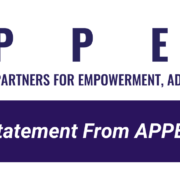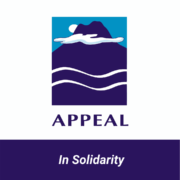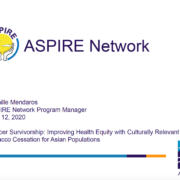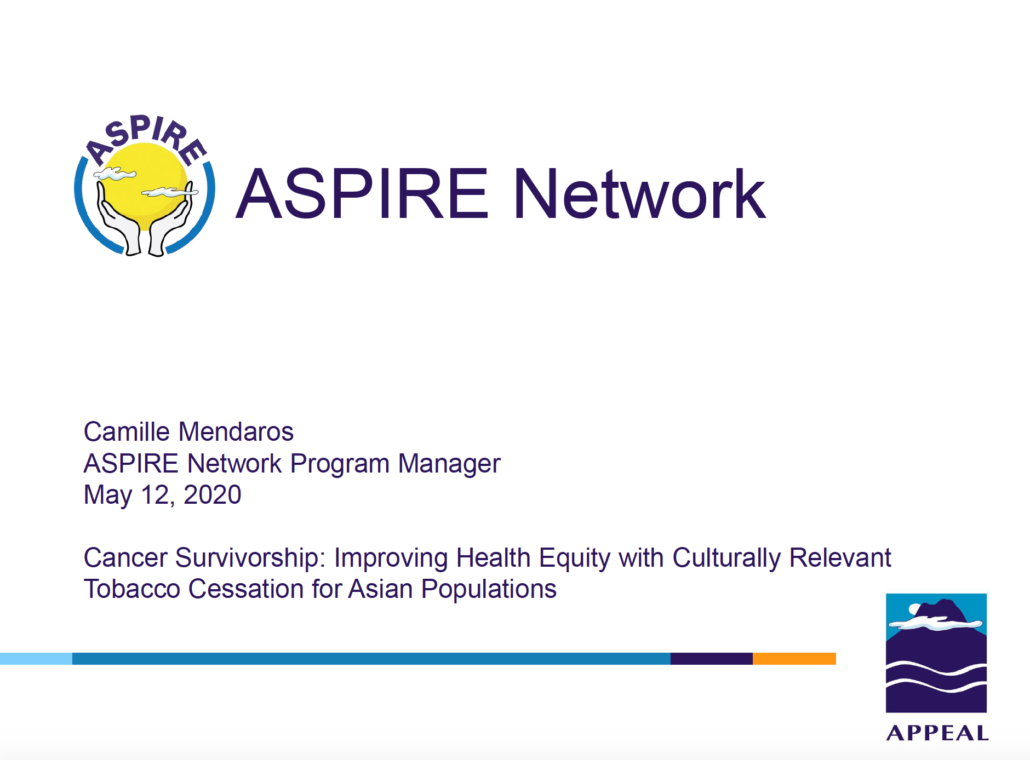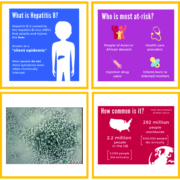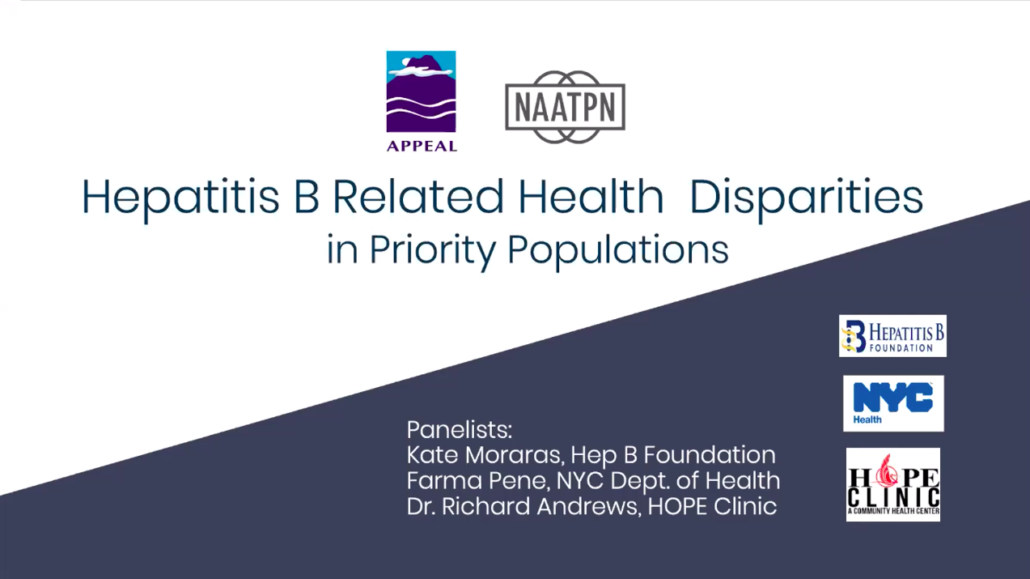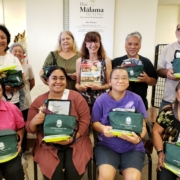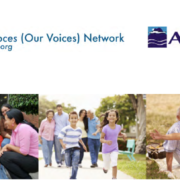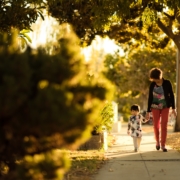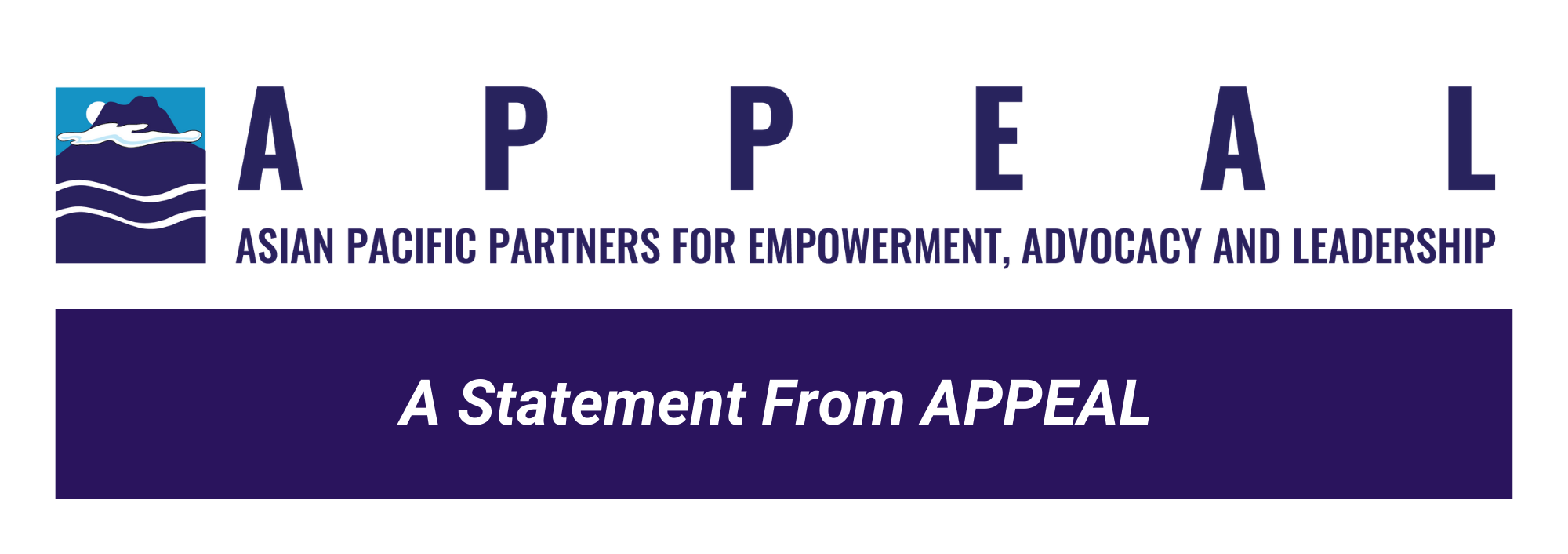
PLEASANT HILL, CA – On Saturday, on the eve of the Lunar New Year, a gunman entered a dance hall in Monterey Park, California—a city with a majority Asian American population—and killed 11 individuals and wounded at least 10 others, many of whom are Asian American. Yesterday, a second mass shooting in California claimed the lives of seven people of Asian and Latino descent.
Rod Lew, executive director of Asian Pacific Partners for Empowerment, Advocacy and Leadership (APPEAL), issued the following statement:
“Our thoughts and condolences go out to the victims, their families, and the greater Monterey Park and Half Moon Bay communities.
“While we do not yet know the motive behind the shootings, these senseless acts of gun violence have affected our nation, and we must do more to ensure our communities are safe. Now is the time for our legislative leaders to enact meaningful gun control and a ban on assault weapons.
“We express our support for the victims’ families. We thank the first responders who aided the victims and commend leaders for putting the communities first in this tragedy. Lastly, we stress the importance of mental health for our greater Asian American community.”
# # #
In Solidarity with Monterey Park and Half Moon Bay-A Statement From APPEAL

